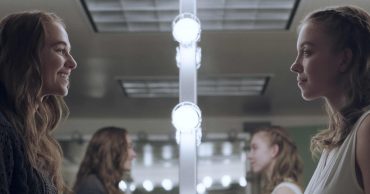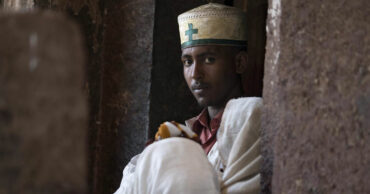While Mindy Kaling’s Never Have I Ever has been lauded for going out of its way for South Asian representation in Hollywood, one must beg to differ if the portrayal was inauthentic and severely whitewashed. Was it a show that dove into the nuances and complexities of being a Non-Residential Indian (NRI) in America, or was it simply another run-of-the-mill teen drama with a predominantly brown cast served with a translucent layer of cultural enrichment? That’s not to say that the show strays completely from instances that resonate with South Asians, but it’s difficult to ignore that its plot reeks of single-toned storytelling.
Loosely inspired by Kaling’s own life, Never Have I Ever is a coming-of-age Netflix comedy series that premiered on Netflix on April 27, 2020. The story revolves around Indian-American high schooler Devi Vishwakumar (Maitreyi Ramakrishnan), who is grappling with the recent loss of her father as she navigates life as a teenager in America. The show received rave reviews, resulting in its renewal for four glorious seasons, with the final season airing on June 8, 2023. Brimming with quintessential tropes and subtly stereotypical characters, the show does a great job of masking moments of prevalent ignorance. Although the show is a remarkable step toward cultural inclusivity, it misses the mark more than once. Let’s dive into it!
The Show Banks on South Asian Representation but Falls Short of Being Realistic
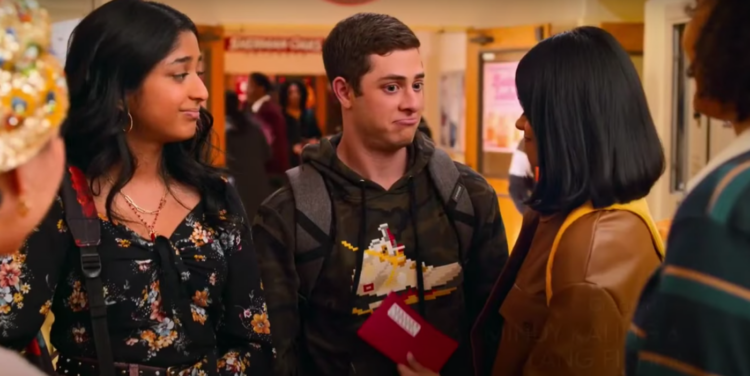
Right off the bat, the series fails to dive deeper into the intricacies and nuances of being Indian. The characters needed clearer justification for their actions and perspectives tied to their roots and culture. Bearing the widespread belief that NRIs are more traditional and appreciative of their culture, the storyline is abused to the highest degree as it tries to make seemingly woke statements. A show like Never Have I Ever had the endless potential to explore more profound issues like identity, upbringing, and educational expectations.
Instead, it pushed the conservative image attached to South Asian countries forward. It was surprising to watch a show about a Tamil family with minimal dialogue being delivered in the language. One can argue that this was because the show is meant to be in English, but when there are instances like Fresh Off The Boat where the grandmother is always seen speaking Mandarin throughout all its seasons — side-eye glances cannot be avoided. The South Asian aspect almost seems like a spray tan applied to mask a predominantly whitewashed plot.
The Traditional Outfits Are Beyond Atrocious
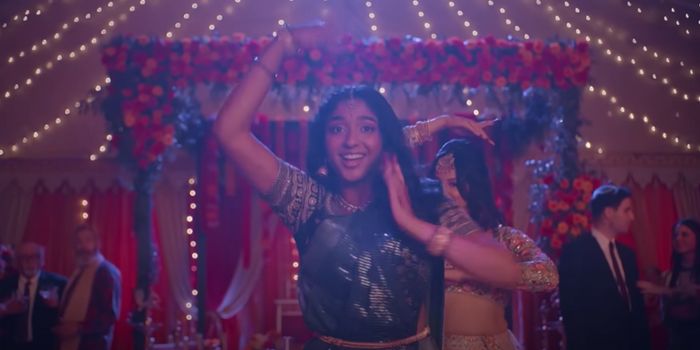
Lack of depth aside, the choice of traditional outfits worn on the show is all but a bastardized interpretation of South Asian outfits. While the Western ensembles have hit the right notes with vibrant shades and flattering silhouettes, the gaudy jewelry and eye-pinching color choices made while choosing traditional attire are appalling, to say the least. The prevalent lack of taste is a shoddy representation of what Westerners and NRIs assume is considered tasteful in India and other South Asian countries.
The teal half-saree sported by Devi in Season 1, paired with distasteful accessories, still keeps the viewers up at night. In reality, an unspoken balance is opted for while making fit choices, such as pairing pastel shades with statement jewelry or a flamboyant red saree with simple earrings. Unfortunately, the show had an approach of “everything all at once,” which resulted in any intended message getting lost in translation.
Nalini’s Character Is an Extremist Representation of South Asian Parenting
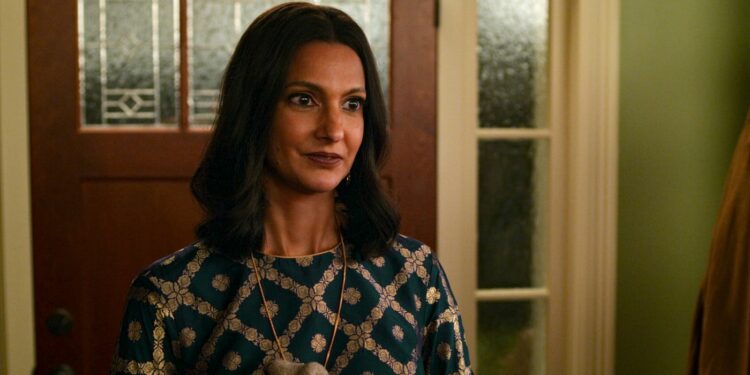
Devi’s mother, Nalini (Poorna Jagannathan) had a significant role in the show. While her character possessed an enriching backstory with layers to her personality, issues emerge when one zooms in on the parenting aspect. She is portrayed as a conservative, intrusive, and overbearing mother who doesn’t give her child space to breathe.
Once again, while South Asia is brimming with upbringing patterns of a similar fashion, they are far from being extremist. This is specially true when you consider the economic and educational background that Nalini hails from. It also cannot be ignored that despite living in the States for over a decade, she seems to pertain to an archaic thought process and outdated traditional practices, which make her appear stereotypical on the maternal front.
Devi’s Identity Crisis Is Understandable but Mildly Irksome

Being an Asian-American can prove to be a confusing experience — especially for a teenager. One constantly finds themselves questioning where they belong as they fail to identify as American or Asian explicitly. It’s a natural development for Devi to reject her Indian roots, be embarrassed to walk around in traditional attire, and even portray discontent when forced to mingle at family functions.
Matters get problematic with Devi’s perception of what Indian kids back home are like. It aligns with the Western notion of them being some type of yoga-addicted, software geek who doesn’t have a modern outlook on life. The evident coconut thought process of being brown on the outside and white on the inside reeks from the protagonist in specific instances that leave a bitter taste in the viewer’s mouth.
The Portrayal of South Asians Has Come a Long Way Since Raj Koothrappali, Albeit it’s Not Enough.
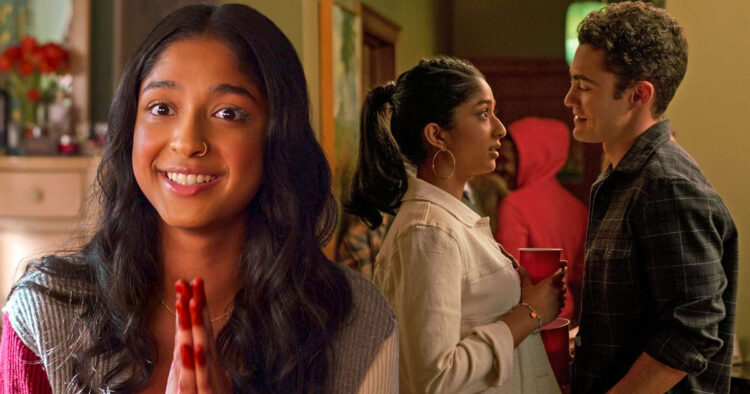
The personality of the outspoken and rebellious Devi has not been associated with South Asian characters in mainstream media as aggressively in the past. This is probably the glass-half-full moment for Never Have I Ever. Save for an odd moment here or there, like Kelly Kapoor (Kaling) from The Office or Cece (Hannah Simone) from New Girl, South Asian characters were predominantly portrayed as quintessential nerds with funny accents.
Be it Raj Koothrappali (Kunal Nayyar) from The Big Bang Theory or Baljeet (Maulik Pancholy) from Phineas and Ferb; these characters left a memorable impact on viewers, which led to the compartmentalization of an entire group of Asians. The series failed to deliver an impactful message with its tone-deaf portrayal of South Indian culture and the lack of significance paid to Devi’s discovery of her identity as a diaspora individual. The comedy show ultimately missed the mark, reinforcing stereotypes rather than providing a meaningful exploration of cultural identity. Check out this guide to see what The Big Bang Theory cast is up to.
 Follow Us
Follow Us
